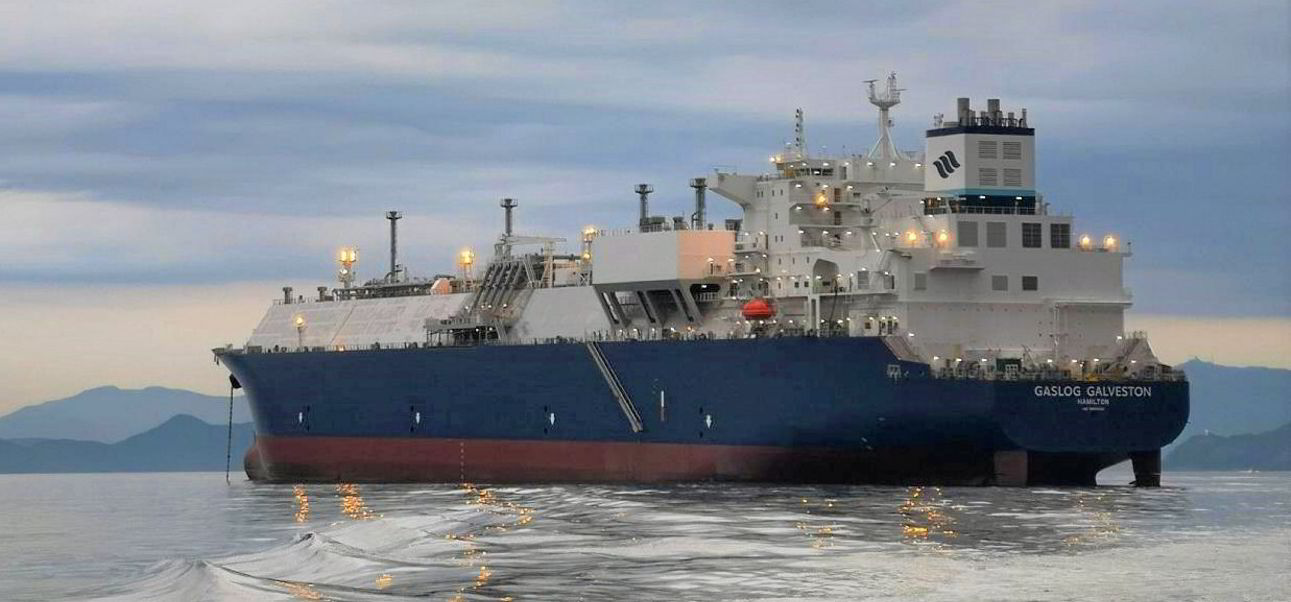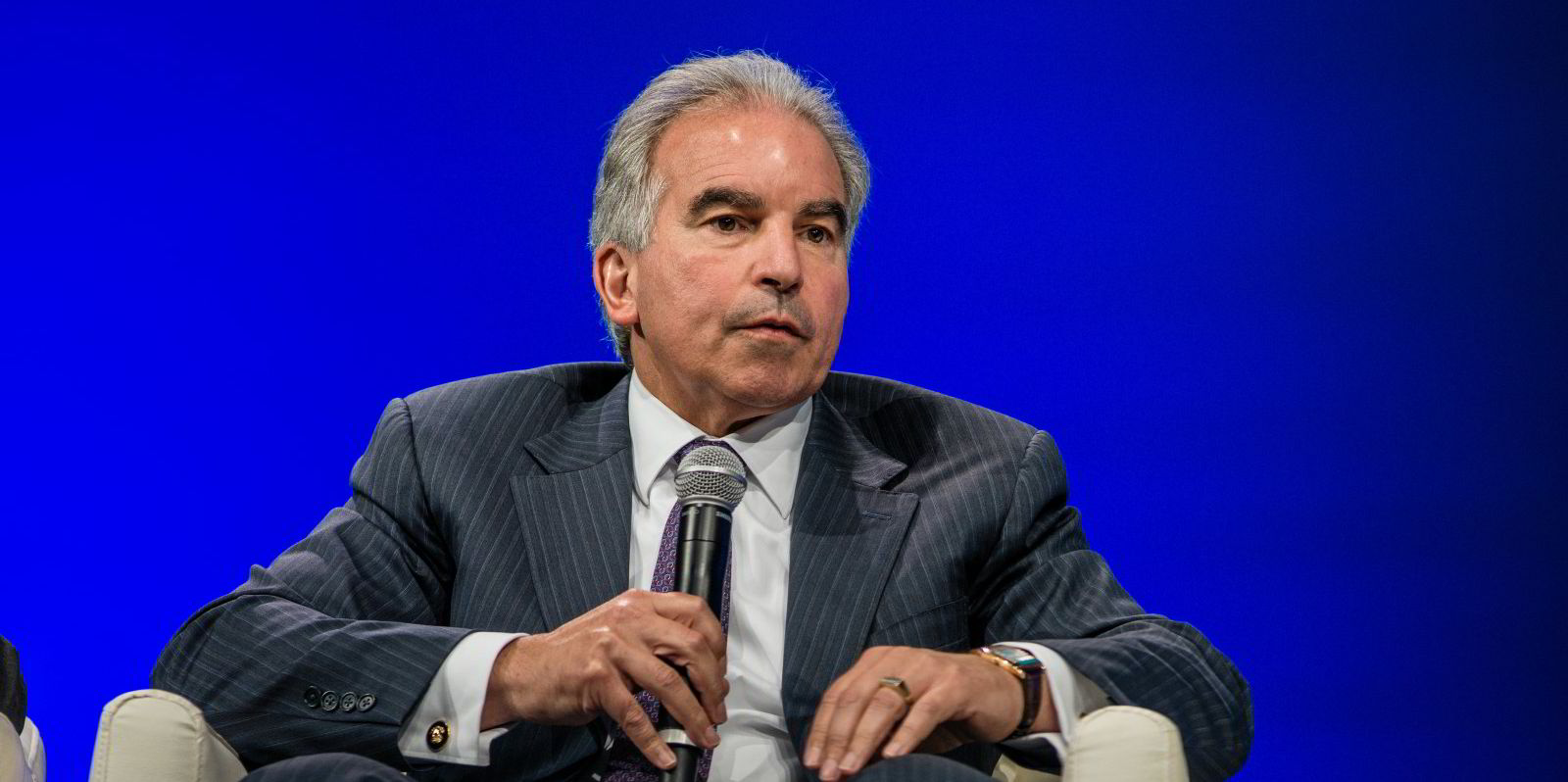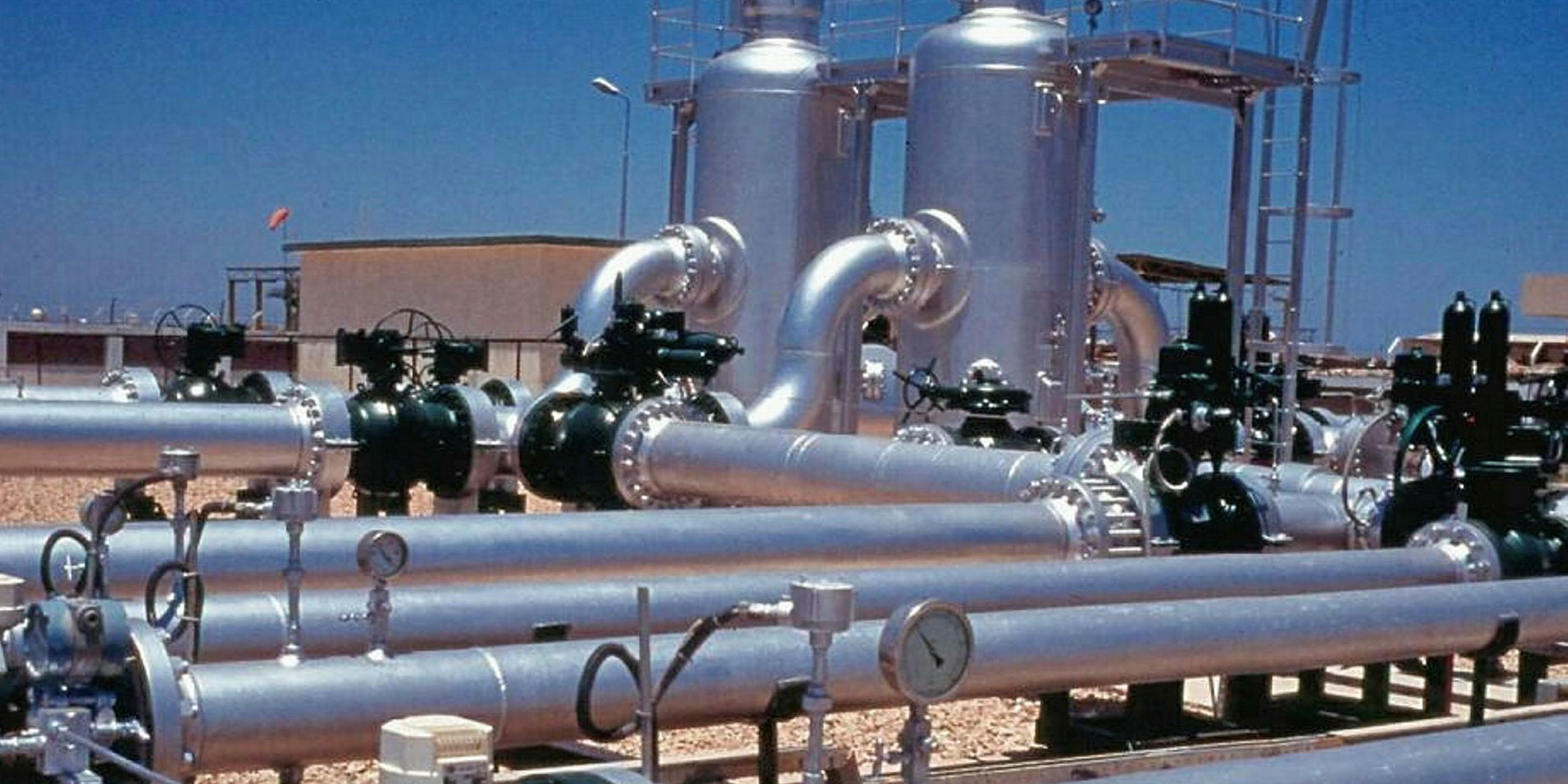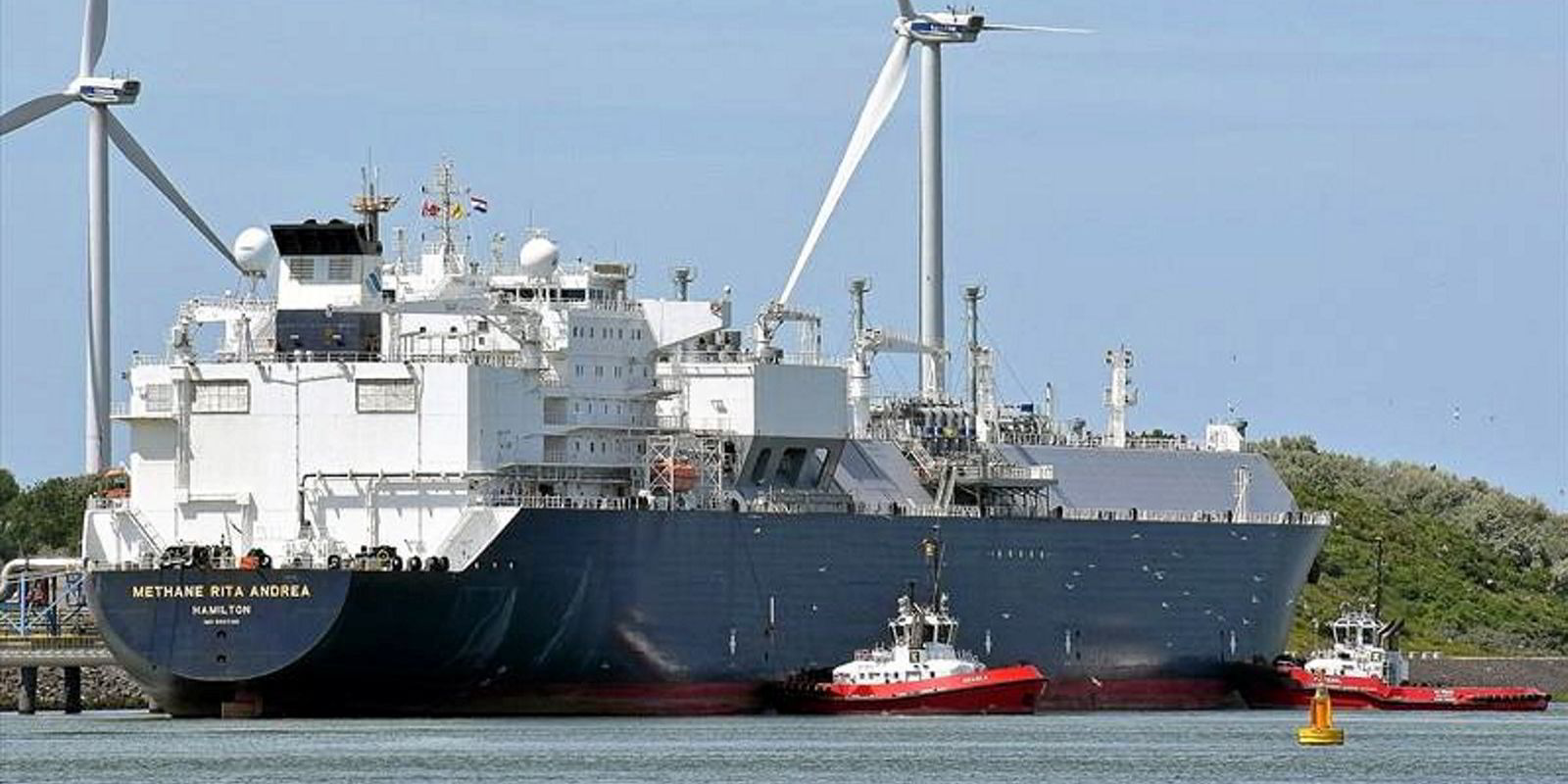Methane emissions from a Cheniere Energy-chartered LNG carrier shipping a cargo from the US to Europe have been measured in a pioneering study.
Researchers from Queen Mary University of London, working with research group The Collaboratory to Advance Methane Science (CAMS) and Spain’s Enagas, collected data from the 174,000-cbm newbuilding GasLog Galveston.
The ship was on a round trip from Cheniere’s Corpus Christi terminal in Texas to Zeebrugge in Belgium.
Data gathered during the voyage in March and April included measurements of engine exhaust, as well as fugitive emissions, with CAMS describing it as a “first of its kind” study.
Results
The results have yet to be released but are expected to be published in a peer-reviewed journal once they have been fully analysed.
CAMS said: “Results from the study will provide critical data-driven insights into the greenhouse gas profile of LNG carriers to identify opportunities for environmental performance improvement.”
The group's members include Cheniere, Chevron, Equinor, ExxonMobil, Pioneer Natural Resources, Sempra LNG and Shell.
Paul Balcombe, lead researcher for the study and a lecturer in chemical engineering and renewable energy at Queen Mary University, said: “This project comes at a critical time, with policymakers seeking to understand both how to regulate industry and ensure that climate targets are met.
Cargo emission tags
“Accomplishing this will depend on ensuring transparent, emissions-related data is available and lessons learned from studies such as this are implemented.”
For Cheniere, which is bringing in cargo emission tags for its LNG shipments, the results will help its efforts to measure its life-cycle greenhouse gas emissions.
Anatol Feygin, chief commercial officer and executive vice president at Cheniere, said: “LNG shipping is an area where Cheniere and fellow CAMS co-founders believe there is potential for real progress on measuring and reducing methane emissions.”
“This important work is consistent with our commitment to enhance the transparency around the emissions profile of the LNG value chain, and robust scientific results are important data points to guide future mitigation strategies.”
GasLog chief operating officer Paolo Enoizi said his company sees the CAMS efforts as “critical” to minimising the global LNG shipping fleet's environmental footprint and supporting the LNG industry's success and competitiveness.
Enagas gas assets general manager Claudio Rodriguez said the study “will shed light on methane emissions associated with the logistic supply chain — informing us of our greatest prospects for development”.






